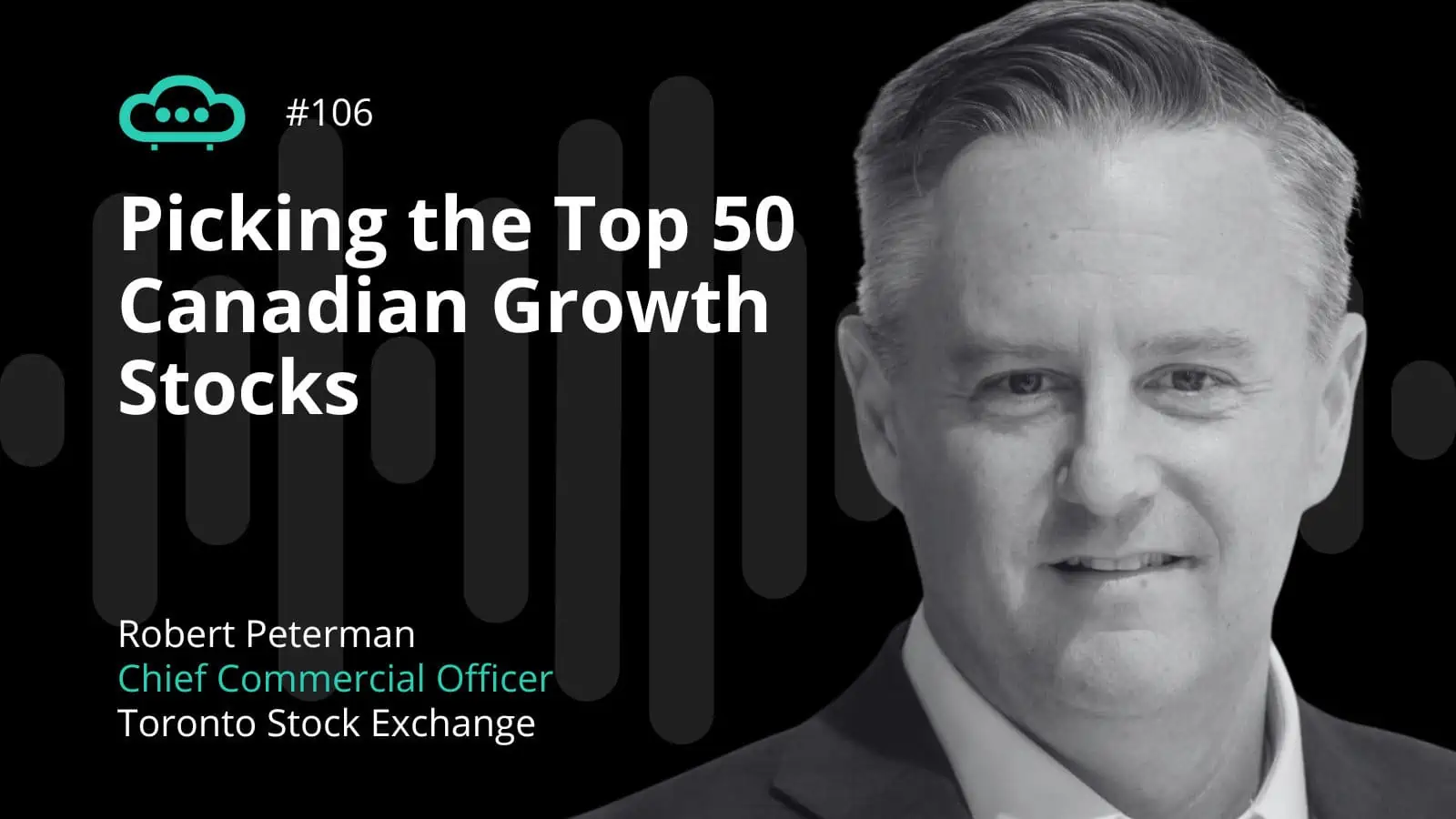Unease is spreading across the banking sector again, sparked by the sinking realisation of the scale of deposit flight suffered this year and the worry that the problem is not yet at an end.
Shares in First Republic Bank [NYSE:FRC] are down a thumping 54% for the month after the extent of the run on the bank became clear, with customers pulling more than $100 billion from their accounts in the first quarter. Sentiment is downbeat across the banking sector, particularly as First Republic’s bleak situation has been revealed so soon after Credit Suisse demonstrated just how large its black hole was yawning before its collapse, and warned the trend of outflows had not yet reversed.
“It seems the lifeline thrown to First Republic by large lenders hasn’t stopped confidence sinking,” explained Susannah Streeter, Head of Money and Markets at Hargreaves Lansdown. “With almost a quarter of the workforce being axed and a quick-fire asset sale getting underway, investors are sensing panic and fleeing the stock and worries are rising about another banking collapse.”
The downbeat sentiment has prompted falls in shares in UK listed banks including Barclays [LON:BARC], HSBC [LON:HSBA], Lloyds [LON:LLOY], and NatWest [LON:NWG]. Shares in Barclays were clawing their way back this week, having hit a resistance level at 133p on 23 March. Lloyds Bank shares have behaved similarly, down to 45p, although currently struggling to get over the 50p barrier. The sell off has been part of a wider sell off in FTSE 100 stock which saw the FTSE down through the 7400 level at the end of March.
So should we be worried about banking stocks?
Even though banks have been benefiting from a rise in net interest margins, thanks to the cycle of rate hikes, there is expectation that they will be forced to attract more deposits by offering better rates, eating into profits.
Although systemic risk to the banking sector is still considered to be low, the chaotic nature of events which unfolded has clearly unsettled central bankers. The Bank of England is already looking to improve the UK deposit scheme, to ensure depositors are paid back more efficiently and potentially increase the amount of money which is protected.
Banks’ earnings in April have reignited the fears that followed the failure of a number of financial institutions in March. Some banks have revealed losing billions in deposits as clients look for a safe haven for their funds. The trend revealed a continuing loss of confidence among European bank clients which could exacerbate the current situation for the sector and expose other banks.
“The banking sector could remain under stress as central banks continue to raise interest rates,” said Wael Makarem, a market strategist with Exness in Dubai. “The Federal Reserve could potentially raise rates one last time but could keep them at elevated levels while inflation comes under control, which could leave US regional banks under pressure for the time being. In Europe, the European central bank could maintain its aggressive policy for longer.”
Makarem said there is still some uncertainty as to whether the European central bank will raise interest rates by 25 or 50 basis points at their early May meeting. This could have considerable implications for the banking sector.
“UK Bank stocks have taken large drops right across the board as the fallout from the Credit Suisse and SVB bank situation continues to rattle investors, but for those with their eyes on the long-term prize, the short-term movement could easily offer some great entries,” said Atlantic Capital Markets in a note to investors. “However, a word of caution, bank stocks are in the eye of the storm at the moment and will indeed see further volatility in the near term. That all being said long-term value looks appealing.”
Regulators still focusing on crypto risks
As worries about contagion continue to plague the traditional banking sector, the risks of crypto are again being drummed home by the city watchdog the FCA although it’s clear the door is opening to bring digital coins and tokens under the regulatory sphere.
Sarah Pritchard, executive director of markets at the FCA has stressed in a speech that crypto assets offer opportunities for more efficient and innovative financial services and products and should be explored. But it’s clear the watchdog’s hands are tied without fresh government legislation giving it more power to regulate the crypto wild west.
“Time is of the essence given the numbers of investors who are piling in, despite the chill winds which blew on crypto asset prices during the crypto winter, which appears to be thawing,” said Streeter at Hargreaves Lansdown. “The take up of crypto is on the rise year-on-year, with 67% of European institutional investors holding crypto and one in ten adults in the UK having owned digital coins or tokens at some point. However, with so little protection they risk getting their fingers seriously burnt at a time when fraud is so rife and high-profile collapses like FTX demonstrate the lack of transparency within the industry.”
Relentless warnings about the dangers of pouring money into high-risk investments are clearly not working, and with crypto turning mainstream, the regulator needs more powers to help police the space.’












